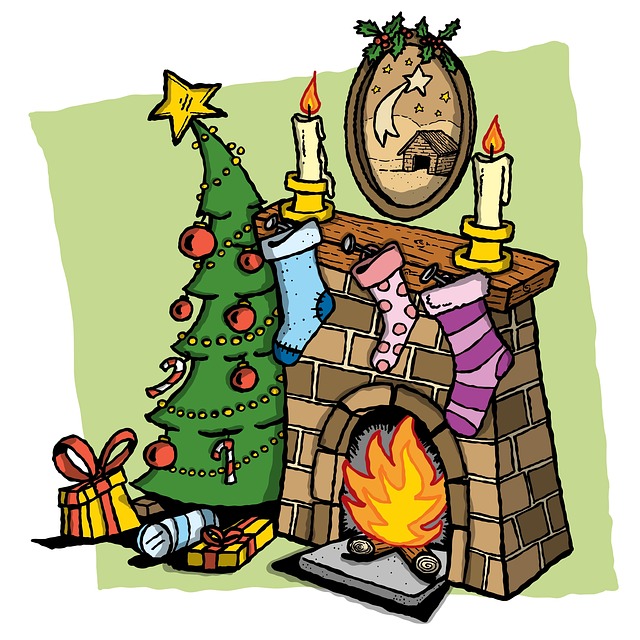In Houston, post-fire property valuation is a complex process that considers factors like fire extent, rebuilding costs, location, market trends, and comparable sales. The market for fire-damaged properties is diverse, attracting local homebuyers, real estate investors, and insurance companies with distinct motivations. Understanding this dynamic is vital for both property owners and buyers navigating Houston's real estate market, as it influences resale values. Who buys fire damaged homes in Houston includes a mix of local and out-of-state investors, as well as insurance companies looking to ensure fair market value after repairs.
After a devastating fire, property valuation becomes a delicate process in Houston. This article delves into the intricate world of post-fire assessments, exploring how local experts determine the value of affected properties. We uncover the key factors influencing recovery and focus on the market dynamics, specifically examining who buys fire-damaged homes in Houston. Understanding these aspects is crucial for both property owners navigating the insurance claims process and investors seeking opportunities amidst the challenges.
- Understanding Post-Fire Property Valuation in Houston
- Who Buys Fire Damaged Homes in Houston? A Market Perspective
Understanding Post-Fire Property Valuation in Houston

In Houston, post-fire property valuation is a specialized process that requires expert knowledge to accurately assess the value of a property after a fire. These fires can leave behind significant damage, from charred structures to smoke and water stains, all of which impact a home’s market value. Understanding this dynamic is crucial for both property owners and potential buyers who are navigating the complex landscape of Houston’s real estate market.
The process involves a meticulous evaluation of various factors, including the extent of fire damage, rebuilding costs, location, current market trends, and comparable sales in the area. Who buys fire-damaged homes in Houston plays a significant role in this equation—it could be investors looking to renovate and resell, local homebuyers seeking opportunities, or even insurance companies assessing claims. Each party has their own motivations and considerations, shaping the valuation process and ultimately influencing the property’s resale value.
Who Buys Fire Damaged Homes in Houston? A Market Perspective

In Houston, the market for fire-damaged properties is dynamic and diverse, attracting a range of investors looking to capitalize on both renovation opportunities and real estate investments. Local homebuyers often find appeal in purchasing these homes, as they represent a chance to acquire property at potentially lower prices, allowing them to renovate and increase the value. This approach not only allows for personal customization but also contributes to the city’s housing stock.
Real estate investors, both local and out-of-state, also actively seek fire-damaged homes in Houston. The potential for significant flips makes these properties attractive investments, with the opportunity to restore and resell for substantial profits. Additionally, insurance companies, as part of their claims process, may acquire fire-damaged properties, either to rent them temporarily or to sell at a later date, ensuring fair market value is reached after repairs are made.
Post-fire property valuation in Houston is a complex process that involves understanding market dynamics and the unique needs of both sellers and buyers. As the article has explored, specialized appraisers play a crucial role in accurately assessing fire damage, while investors like insurance companies, private equity firms, and individual homebuyers step into the market to purchase these damaged properties. Who buys fire damaged homes in Houston? It’s a diverse group driven by opportunities for renovation and profit, as well as the need to restore communities affected by these disasters. By navigating this landscape, Houston can foster recovery and create new beginnings for both its residents and its real estate market.






